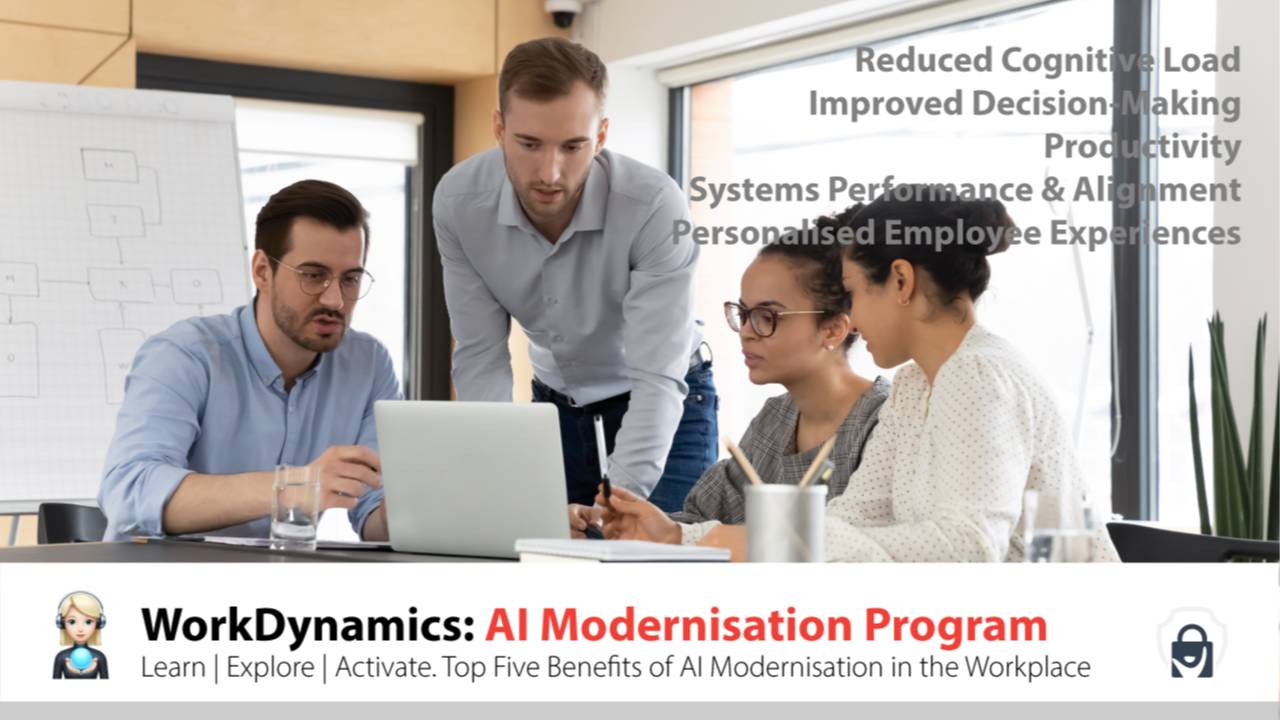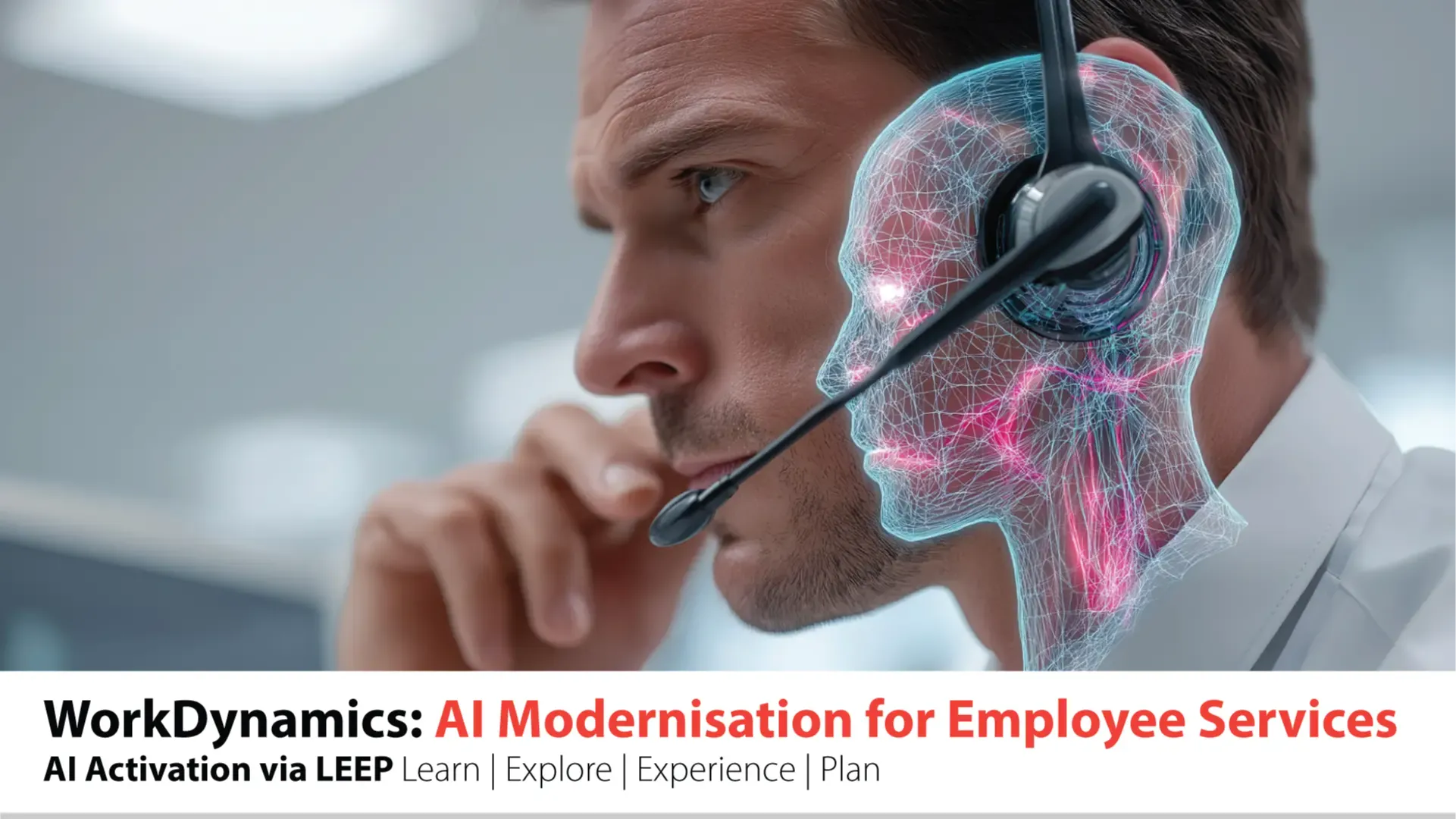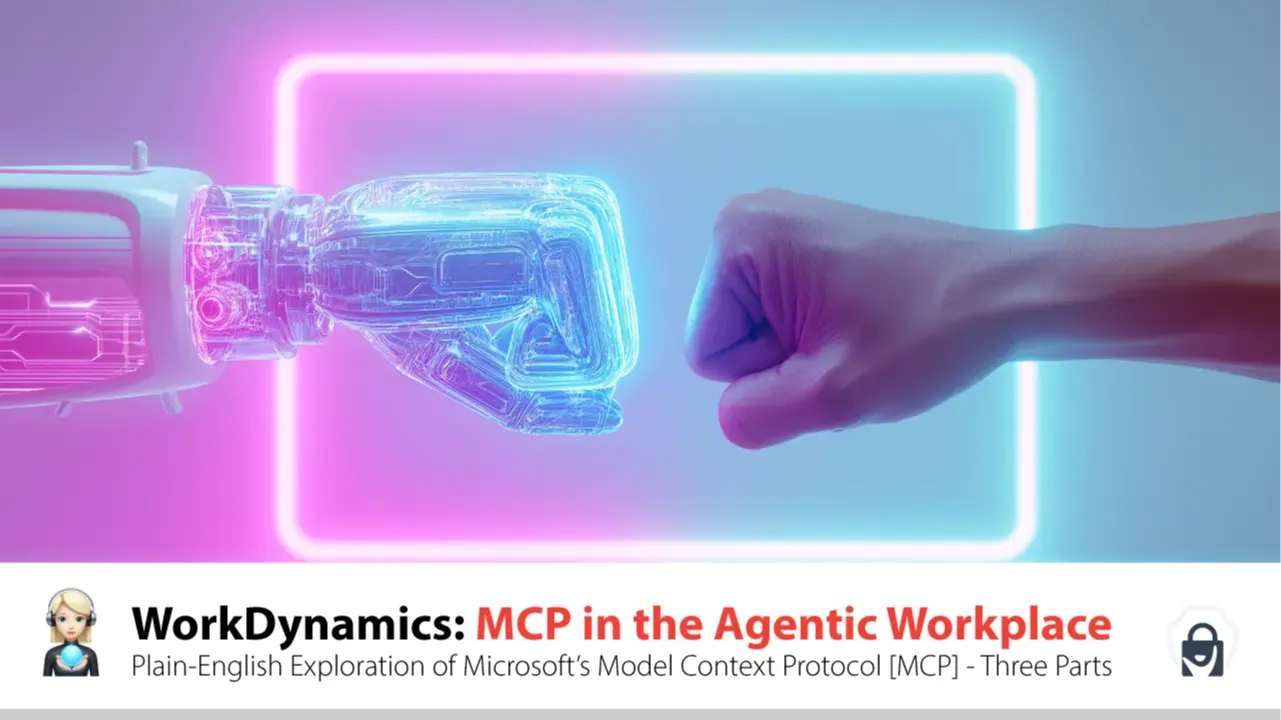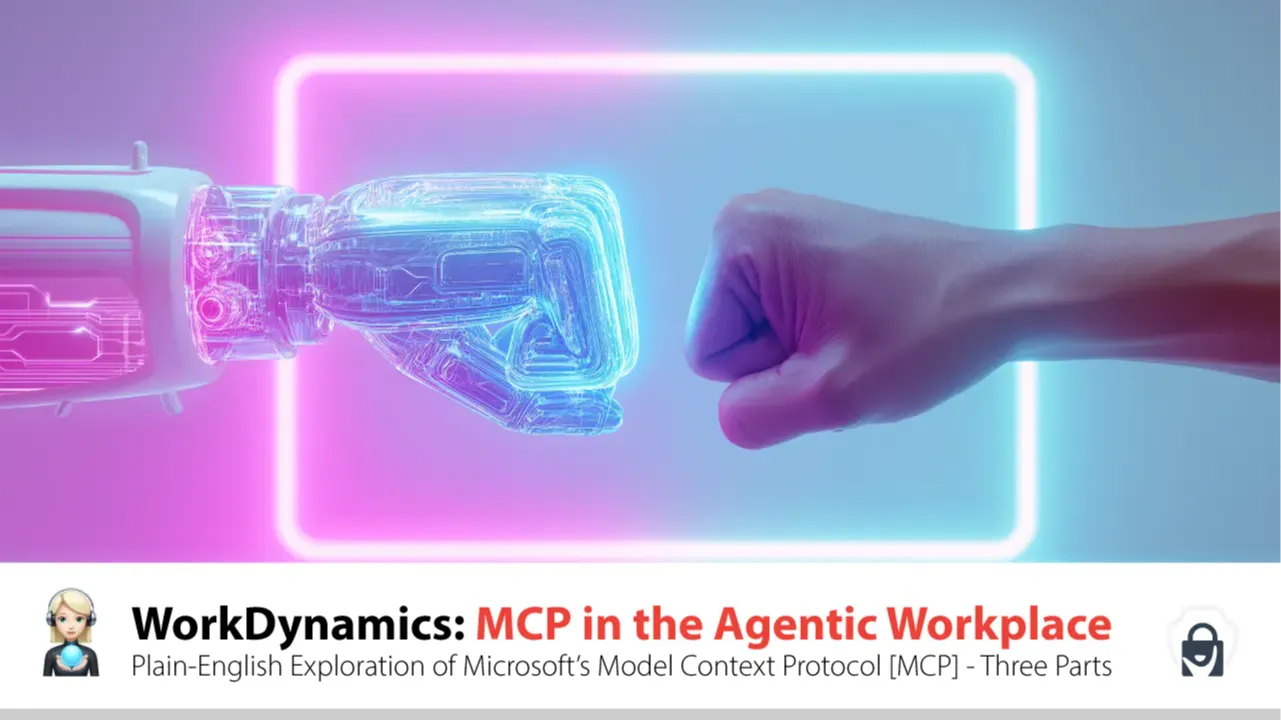AI Deterministic Logic to Adaptive Intelligence
Jul 01, 2025
From Deterministic Logic to Adaptive Intelligence: The Shift from Traditional Coding to AI-Native Applications
In traditional software development, deterministic logic has long been the backbone of system design and configuration. These systems rely on fixed rules, static data values, and predefined workflows. Contextual logic is typically built using rigid if-then statements, hardcoded routings, and integrations that assume predictable behavior. While this approach has served well in structured environments, it struggles to adapt to the fluid and complex nature of modern work.
AI-native applications and agents represent a fundamental shift in how systems are built and operate. Unlike traditional software, which executes predefined instructions, AI-native systems interpret context, learn from patterns, and respond dynamically to changing conditions. This evolution is particularly transformative in task management, where the limitations of deterministic SLAs—such as “Due,” “Overdue,” and “Critical”—become increasingly apparent.
Deterministic SLAs are based solely on time elapsed since task creation. For example, a task might be marked “Due” after two days, “Overdue” after four, and “Critical” beyond that. While simple and predictable, this model fails to account for task complexity, dependencies, or real-time progress. It treats all tasks uniformly, regardless of their strategic importance or current status.
In contrast, AI-native systems enable non-deterministic SLAs that are context-aware and responsive. A Progress-Based SLA, for instance, evaluates whether a task is advancing at the expected rate. If a task is only 10% complete by Day 3 when it should be halfway done, it is flagged as “Behind Schedule,” prompting early intervention. This approach prevents last-minute firefighting and supports continuous delivery.
A Dependency-Aware SLA shifts the focus from isolated timelines to workflow interdependencies. A task may appear on track, but if it’s blocking a critical downstream deliverable, it becomes a priority. AI agents can detect these relationships and reallocate attention accordingly, ensuring smoother project execution.
The Effort-to-Impact SLA introduces strategic prioritization. AI-native apps assess the effort required versus the potential impact of a task. A low-effort, high-impact task that remains untouched is flagged as “Neglected High Value,” encouraging teams to act on quick wins that deliver outsized benefits.
As software systems evolve, deterministic coding will increasingly give way to adaptive, context-aware logic. AI-native applications will interpret signals beyond timestamps—such as user engagement, historical performance, and task interconnectivity—to deliver meaningful insights. This shift requires more sophisticated data models, real-time analytics, and embedded machine learning.
Ultimately, AI-native agents and applications offer a more intelligent and responsive approach to managing work. They align better with human decision-making, support agile workflows, and foster a culture of strategic focus and accountability. As organizations strive for greater efficiency and resilience, these systems—and the non-deterministic SLAs they enable—will become essential tools in the modern digital workplace.
This shift toward AI-native applications and non-deterministic SLAs is not just a technological evolution—it’s a strategic imperative. At Devworkz, our AI Modernisation Program is designed to guide organisations through this transformation, helping them move beyond legacy systems and deterministic logic into a future powered by intelligent agents and adaptive workflows. Through a structured three-step journey—Learn, Explore, Activate—we equip teams with the knowledge, tools, and hands-on experience needed to build AI-native applications that respond to real-world complexity. Whether it's modernising SharePoint environments or deploying agents like Ava, Mia, Nova, and Riley, our program ensures that AI is not just implemented, but embedded into the heart of business operations. In a world where agility, insight, and responsiveness define success, AI Modernisation is the foundation for continuous innovation and enterprise-wide impact
Enrol in our next AI Modernisation Intake.




